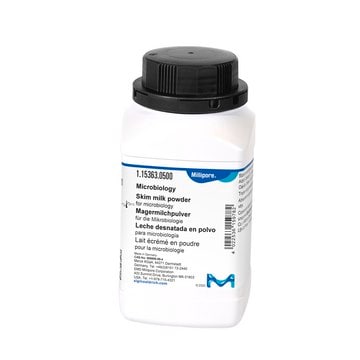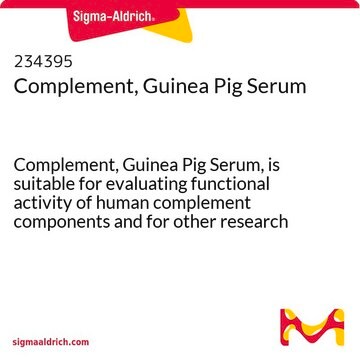S2519
Anti-Soy Protein antibody produced in rabbit
fractionated antiserum, buffered aqueous solution
About This Item
Recommended Products
biological source
rabbit
Quality Level
conjugate
unconjugated
antibody form
fractionated antiserum
antibody product type
primary antibodies
clone
polyclonal
form
buffered aqueous solution
species reactivity
soy
technique(s)
dot blot: 1:500
indirect ELISA: 1:5,000
shipped in
dry ice
storage temp.
−20°C
target post-translational modification
unmodified
Looking for similar products? Visit Product Comparison Guide
General description
Immunogen
Application
- enzyme-linked immunosorbent assay (ELISA)
- supershift analysis
- fluorescent imaging
- immunostaining to probe polyvinylene diflouride (PVDF)-bound proteins for cross-reactivity
Biochem/physiol Actions
Target description
Physical form
Disclaimer
Not finding the right product?
Try our Product Selector Tool.
Storage Class Code
10 - Combustible liquids
Flash Point(F)
Not applicable
Flash Point(C)
Not applicable
Certificates of Analysis (COA)
Search for Certificates of Analysis (COA) by entering the products Lot/Batch Number. Lot and Batch Numbers can be found on a product’s label following the words ‘Lot’ or ‘Batch’.
Already Own This Product?
Find documentation for the products that you have recently purchased in the Document Library.
Our team of scientists has experience in all areas of research including Life Science, Material Science, Chemical Synthesis, Chromatography, Analytical and many others.
Contact Technical Service








